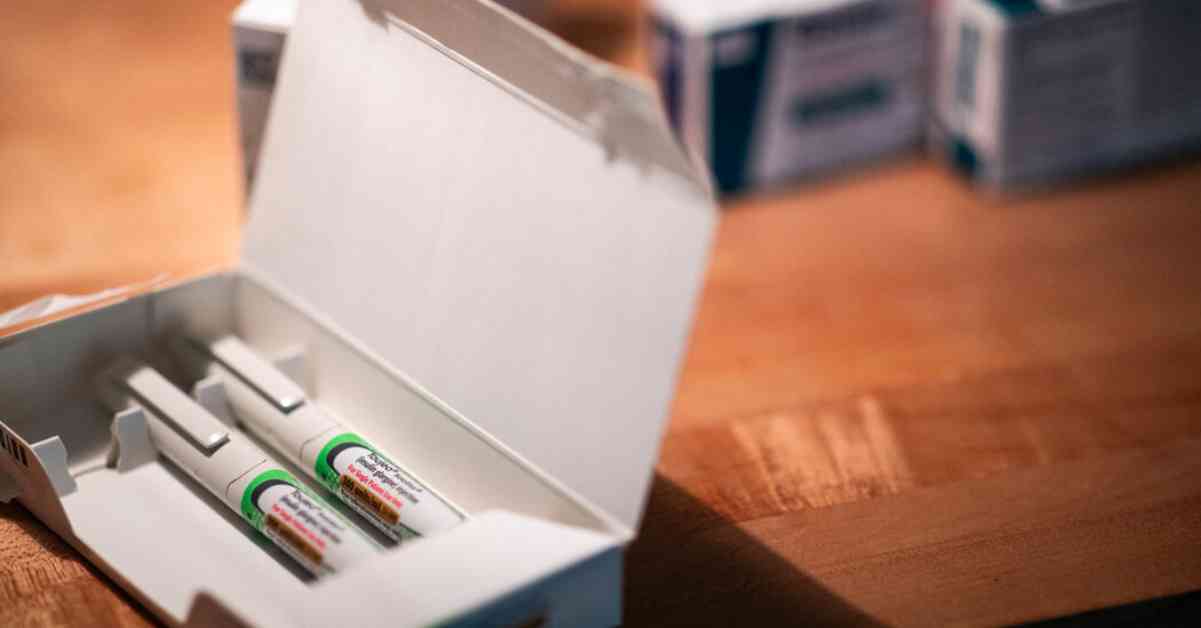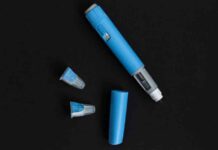The summer heat can have a significant impact on mail-order medications, potentially jeopardizing the effectiveness of the drugs and, ultimately, the health of patients. With temperatures inside delivery trucks soaring to dangerous levels, medications like Toujeo, used to treat Type 2 diabetes, are at risk of being compromised. Toujeo, for example, should be stored below 86 degrees, but many patients receive their doses through the mail, even during the hot summer months.
Doctors and pharmacists warn that melted capsules, cloudy insulin, and pills that may no longer work are just some of the consequences of medications being exposed to extreme heat during transit. Millions of Americans rely on mail-order shipments for their prescription medications, whether for convenience or due to health plan requirements. However, the temperatures inside delivery trucks can exceed 150 degrees Fahrenheit, far beyond the recommended range of 68 to 77 degrees set by the national organization for drug handling standards.
While mail-order pharmacies claim to use weather-resistant packaging and take precautions for medications that require specific temperature control, a recent study revealed that many shipments spend a significant amount of time outside the appropriate temperature range. Independent researchers found that regardless of the shipping method, carrier, or season, packages were exposed to unfavorable temperatures for the majority of their transit time.
Medical experts emphasize that extreme temperatures can alter the components of various medications, such as pancreatic enzymes, thyroid replacement drugs like levothyroxine, and oral contraceptives. Liquid medications like insulin and AUVI-Q are particularly vulnerable to degradation from heat exposure, as the evaporation of liquid components compounded at precise ratios can occur. Aerosolized medications also face risks due to pressure changes in the canister.
It is essential for patients to be aware of the potential risks associated with receiving medications via mail order, especially during the summer months when temperatures are high. Patients are encouraged to speak with their healthcare providers or pharmacists about alternative delivery options or additional precautions that can be taken to ensure the integrity of their medications. Additionally, monitoring the condition of medications upon arrival and reporting any concerns to the prescribing healthcare professional is crucial for maintaining the effectiveness and safety of the treatment regimen.


















